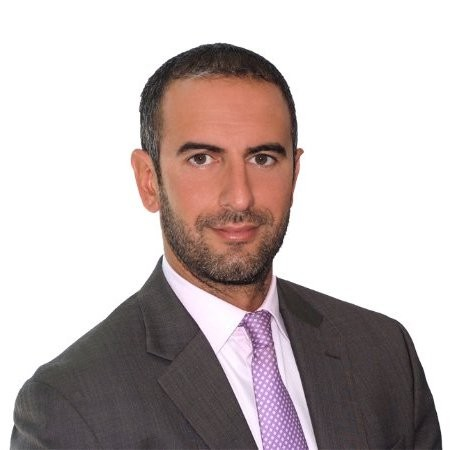 1. You have two ongoing projects, the first being arbitration proceedings on international commercial law before the Milan Court of Arbitration. Can you tell us a bit about this and your role within it?
1. You have two ongoing projects, the first being arbitration proceedings on international commercial law before the Milan Court of Arbitration. Can you tell us a bit about this and your role within it?
Over the past months, my team and I have worked very hard on two arbitration cases pending before the Milan Chamber of Arbitration involving an international commercial matters.
The first one ended last July, with an arbitration award in favor of the company I represented, whereas the other proceeding is still pending.
In both cases, which were initiated due to the breach of international contracts for the sale of goods (CISG being applicable) by two Italian corporations, I acted as counsel for the claimants, which are large, respectively, a Turkish and a Russian company.
It is worth mentioning the fact that, in both cases, we managed to give effect to the arbitration clauses, from the wording of which they could have been easily misinterpreted (i.e. pathological arbitration clauses).
2. For how long have you been working on this?
As already mentioned, we have been dealing with such cases for several months. The first proceeding was initiated in November 2019; whereas the other one in January 2020.
3. How many people/parties are involved?
In both cases there are two parties, a claimant and a respondent, which are respectively assisted by a team of lawyers.
4. How has your work in this been impacted by Covid?
Assuming that Covid-19 has in any case impacted hard against our private and professional lives, the proceeding that ended in July has not been slowed down by the pandemic, as all the activities requiring physical presence (i.e. hearings) took place before the dramatic spread of the virus and the lockdown.
With regard to the pending proceeding, it is very likely that the hearings will be held virtually in order to avoid unnecessary travelling and try not to spread the virus around.
5. You have also been involved in seminars on Alternative Dispute Resolution Methods, and will do so again in the future. Can you explain a bit about these?
I have been running seminars and workshops on negotiation for a few years now. During such events, I try to offer participants (students, professionals and executives) intensive and interactive learning experiences, teaching them how to use Principled Negotiation, developed at Harvard, and how to mediate disputes.
My aim is to help them to develop the practical skills and techniques which are needed to resolve disputes effectively and constructively with confidence, as ADR methods seek to resolve conflict by cultivating co-operation and understanding, to find a solution that allows both parties to win and to protect the relationship while solving the problem.
6. What kind of institutions and organizations do you run these seminars through?
My team and I usually collaborate with universities and organizations, such as the Order of Chartered Accountants and Auditors and the Bar Association.
I usually work with international institution as well: for instance, last year I ran a certificate program on International Arbitration in Ankara, in collaboration with the International Law Investment and Development Association.
7. Do projects such as these cross over into your teaching at AUR? For example, could you use past projects as case studies in your classes?
I teach International Business Law, Business Law and Negotiating Globally within the Business Administration program at AUR; for my classes, I always organize international negotiation and arbitration simulations, after having illustrated the regulatory principles and rules. Most of the cases my students are involved with are usually taken from my professional experience.
I believe that every professionals should be able to handle properly conflicts, disagreements and misunderstanding, regardless the respective university path.
In this regard, it should be noted that the value of ADR is that any of the techniques can be implemented very early in the dispute, thereby giving the parties an opportunity to air their views and to involve decision makers within their respective organizations long before the subject of dispute eats deep into the fabric of the relationship and cause irreparable damage.
